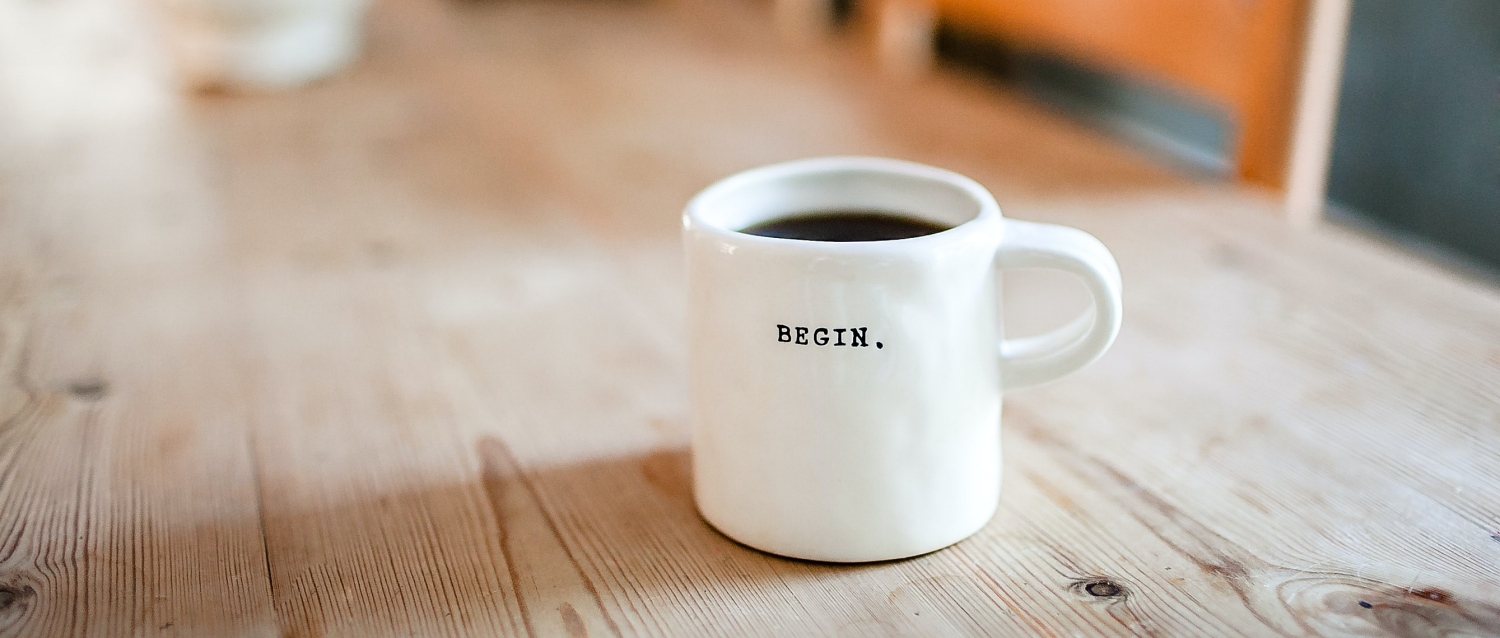Procrastination…why does it matter and what does it have to do with organizing? Well, clutter is often a component in unorganized spaces. And, clutter can be referred to as delayed decisions. Delay in deciding where it belongs or in putting it away. This can cause anxiety, frustration, and can impede the achievement of our goals because we’re always in catch up mode. It’s the antithesis of productivity.
No use carrying over today’s challenges into tomorrow. Tomorrow will bring its own set of challenges. Let’s dive into some strategies that can help bust procrastination.
1.Remove distractions.
We often pride ourselves on our ability to multi-task. Sometimes it truly is the best way to get a lot done. But, if we’re always in juggling mode, it can actually become an obstacle to tackling that thing – that bigger thing that you don’t want to do, but need to. You may need a longer stretch of focused time, and distractions like phones aren’t helping. Consider only responding to emails during certain blocks of time throughout the day, instead of immediately. It will free up time for other things.
2. Identify why you’re procrastinating.
Ask yourself why you’re not wanting to do the thing you’re procrastinating about. Depending on the reason, your strategy will vary. If you truly dislike doing the task, ask yourself if it’s something you can delegate. Or, if it even has to get done at all. If you’re procrastinating because “that thing” feels just too big, too overwhelming to even start, this next strategy can help.
3. Break it down.
If the looming thing feels too daunting, you’re probably thinking of it in its entirety. Break it down into smaller pieces. Maybe you can’t free up a whole day, but you can find an hour to just start. Starting can be the hardest part, but it’s so worth it, because it’s all you need to build some momentum.
4. Get moving.



If you start feeling lethargic or falling into a repetitive state of thought dreading that thing, get a change of scenery. Get up and walk around or try to get outside. It is great at getting you unstuck and waking you up. Afterwards, you’ll likely feel you have a different perspective, more energy, and a better state of mind for productivity.
5. Pace yourself.
Just like it’s important to break something down into smaller pieces, it’s also helpful to work in chunks of time, pacing yourself and taking short breaks. Using a timer is a helpful tool here. Start with just 20 minutes.
6. Reward yourself.
“That thing” might really be hard. It’s undesirable, for whatever reason. So, identify a reward for when you finish something. Use positive language – yes, even with yourself. “WHEN I finish this workout,….” not “IF I finish it”. It makes a difference!
7. Timing matters.



Do you have the most creative energy first thing in the morning? Then that could be a great time to do something that requires creativity. In general, tackling something we’ve been putting off by doing it right away in the morning will work out well. Or, if you need a distraction free house, tackle it when the kids are sleeping.
8. Let go of doing it perfectly.
Worrying about perfection prevents us from even starting. Identify what good enough looks like for the thing that you’re avoiding. Think of the worst case scenario and it’s probably not that bad. The fact that you’re even thinking about quality and doing something well likely means it will be done to satisfaction, because you’re conscientious. Let that be enough.
9. Make a plan.



Making a plan makes that thing start to take shape in a way that feels manageable. When you can see a path forward, the ambiguity that was contributing to avoidance and churn falls away. Break it down into concrete pieces, each with a timeline. Jot them down on sticky notes. It’s ok to make them easy and obvious. If you’re procrastinating building a desk, break it down into steps such as: first, find inspiration photos. Then, set a budget. Next, buy supplies, etc. Slow and steady progress and productivity will further propel you towards completion.
10. Self talk matters.
You may currently identify yourself as a procrastinator. You don’t have to do this forever. Start thinking of yourself as someone who is working on procrastination, and can make (better yet, IS making) baby steps to bust procrastination for good.

